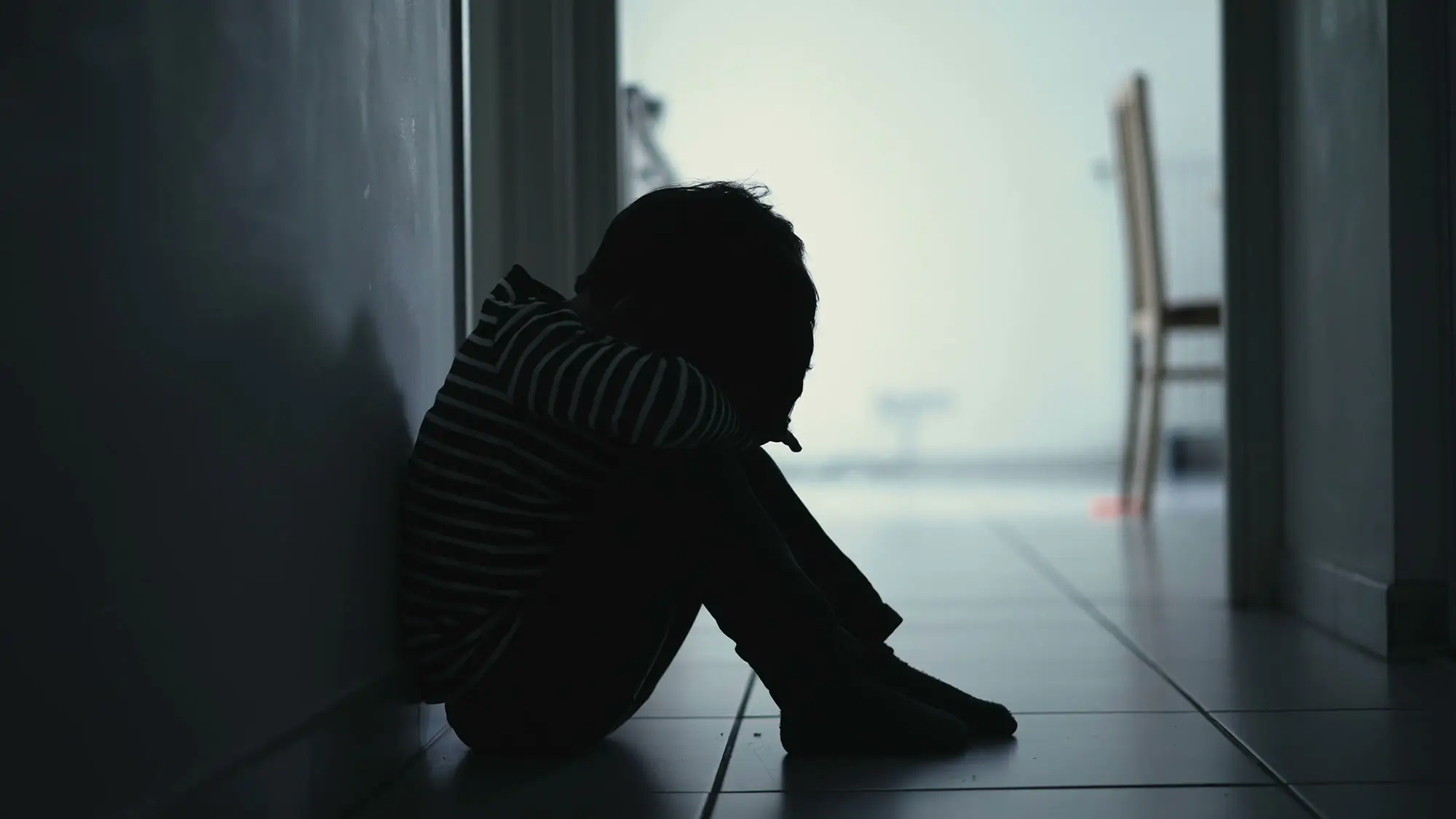CAN I SMACK MY CHILD?

Have you ever wondered whether you are legally allowed to smack your own child? We dive into the topic of corporal punishment at home and school, as well as the supporting research.
What is corporal punishment?
An application of physical force to discipline or correct a child is known as ‘Corporal Punishment’. However, the action is not corporal punishment if the intention is to prevent either:
- Injury to yourself or another person
- Damage or destruction of property
In NSW, there are laws regulating whether an adult can apply corporal punishment to a child.
Some groups are attempting to overturn those laws, including the Parenting and Family Research Alliance. You can read about their campaign here – ‘Ending The Physical Punishment of Australian Children’.
Reasonable Chastisement
For criminal charges, there are times when the legislation passed by Parliament doesn’t provide a clear answer as to whether an act is legal or not. This allows Judges to make decisions based on previous decisions and common sense. These decisions culminate in a body of legal principles we call the ‘Common Law’.
At common law, when an adult was charged with assaulting a child, there was a defence of ‘Reasonable Chastisement’. This means the accused was able to rely on this defence if the force was for the reasonable disciplining or correcting of the child. The standard of reasonableness was determined at the time of hearing with a lack of guidance by Parliament.
Lawful Correction
Through codifying the common law defence, it was relabelled ‘Lawful Correction’ and is only applicable in certain situations. Firstly, the Court must consider whether the charge of assault is proven on the criminal standard of ‘beyond reasonable doubt’. Following this, the Court must consider whether the accused has raised the defence of Lawful Correction on the lesser standard of ‘the balance of probabilities’. This principle was reaffirmed in the case of DPP v FD [2017] NSWSC 679.
So, can I smack my child?
Whether disciplining a child by force is an assault depends on a few factors:
- Are you the parent?
- Are you acting for a parent?
- Was the force reasonable?
- Was it below the neck or head?
- Did the harm last for more than a short period?
If you answered ‘no’ to any of the above questions, then it is likely the striking would amount to an assault on the child. However, if the answer to above questions was ‘yes’ then it is likely that the defence of Lawful Correction may apply under section 61AA of the Crimes Act 1900.
Is corporal punishment effective?
It is very difficult to link corporal punishment with behavioural outcomes, as the topic is complex, and it is unethical to conduct scientific experiments that cause children to be hurt.
Some researchers have provided evidence of the following effects:
- Impaired cognitive and socio-emotional development, including emotional regulation and conflict solving skills.
- Poor moral internalisation and increased antisocial behaviour.
- Increased aggression in children.
- Adoption of violence to cure problems.
You can access the research here and here.
Can a teacher hit my child?
Short answer – no.
People often recall stories about teachers using rulers or spoons to smack children in the classroom. However, corporal punishment was banned in government schools under the Education Act 1990, and this ban was extended to non-government schools in 1997.
There are additional offences in relation to assaulting students within schools, under section 60E of the Crimes Act 1900.
If someone assaults, stalks, harasses or intimidates a student or member of staff at school they are liable to a maximum penalty of five years imprisonment. If actual bodily harm was inflicted onto the child or member of staff, the maximum penalty is seven years imprisonment.
At the time of writing, only five cases have been successfully prosecuted under section 60E for an assault on a student at school. The sentences were:
- 2 x Conditional Release Orders without conviction
- 1 x Fine Only
- 2 x Community Correction Orders
This is often the case with niche criminal offences and provides the basis for the argument whether these laws are necessary for society to function safely.
At Morrisons we are specialist criminal and traffic lawyers based in Wollongong and the Southern Highlands. If you require advice or representation, you can book an appointment with one of our expert criminal lawyers.
